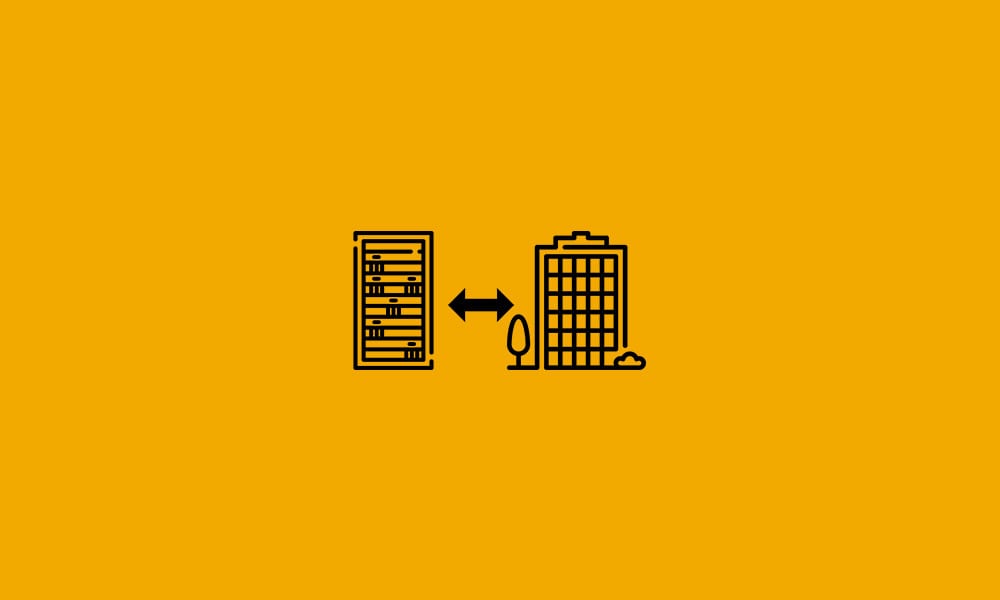For many companies, having their own servers has become a thing of the past. Where once, a business had to find space to place racks, run wiring, provide backup power, etc., they can now utilize someone else’s servers halfway across the world.
Even for companies who need high-performance, extra security, and 24/7 monitoring, cloud hosting solutions can provide dedicated server space that keeps up with all of their demands.
But in-between cloud servers and in-house servers, there is another option: colocation.
Colocation is when you house your own physical server equipment in a third-party data center. You handle the purchasing and configuration of the equipment. The data center keeps it secure, powered, and cooled.
This has proven to be a popular solution, as it frees businesses from having to store their dedicated servers in their own buildings. Advanced systems can make noise and run hot, not to mention they need backup power sources, extra security measures, and high-speed network access.
By placing your equipment in a data center, you can free up your own real estate and remove the responsibility of keeping your servers powered, protected, and connected. It’s a best of both worlds approach.
However, as cloud hosting and dedicated virtual servers have grown in capabilities, many have moved away from colocation. Some have even gone as far as to say that colocation is dead. This is not true. In fact, colocation is on the rise.
Why is that? It’s simple. Some businesses need their own equipment.
And others just like having ownership over it.
There are a few reasons why you may want colocation.
Specific Hardware Requirements
Every business has different hardware, compliance, and security measures to follow. Cloud servers take a universal approach to hosting, providing more of a “one-size-fits all” solution, even if there are some options you can customize.
With colocation, you choose every part of your setup, which means you can tailor it to your specific needs. In some cases, a company’s software and/or internal systems may require server hardware that simply isn’t popular enough to be found as an option for cloud hosting.
Technical Knowhow
Due to the fact that you’re purchasing and configuring your own equipment, colocation does require some advanced IT knowhow. For companies with IT workers on staff, this is great, as it allows them to setup their system exactly how they want it.
And we know firsthand how particular IT people can be about the way things are configured.
Ownership
Cloud hosting, even when you’re using private or dedicate servers, is a rental service. You are paying someone to use their equipment. When you stop paying them, you lose the ability to use that equipment. They may also have specific rules regarding how you use the equipment. Some businesses are completely fine with that.
Others prefer ownership.
With colocation, the equipment is yours to use as you wish. If you decide to change who you’re partnering with for hosting, you can take your equipment with you.
In Need of Colocation?
Our Data Center in Dayton, Ohio is equipped to handle all of your server needs. Whether you want private cloud hosting, shared hosting, or space for colocation, you can expect a high quality, customer driven experience.
Our colocation services are scalable and move-in ready. At DataYard, you’ll have 24/7/365 access, should you need it. Meanwhile, we’ll make sure your equipment stays secured, protected, and connected.



